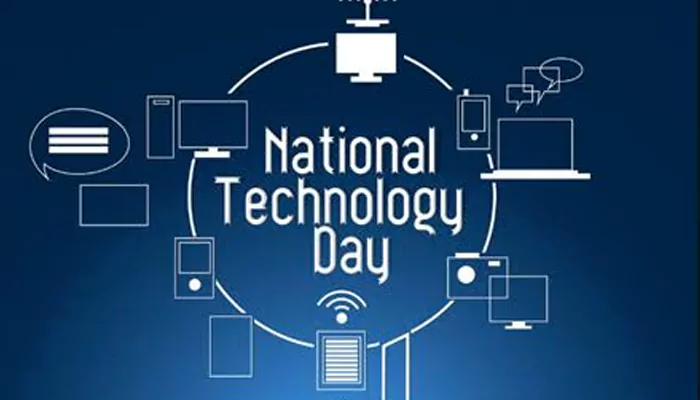Birth Anniversary Of SN Bose: The Founder Of God Particle Who Never Won A Nobel Prize
- Admin
- 1 year ago
- 3 minutes read

This iconic Indian scientist, Satyendra Nath Bose, best known for his revolutionary paper on quantum statistics was born on this day.
Early life and career:
SN Bose’s father, Surendranath Bose, was an accountant in the East Indian Railway Company, who developed interest in mathematics from his childhood.
During his school days in Kolkata’s (then Calcutta) Hindu School, he participated in Bengal Renaissance as well as the Reformation movement.
From Presidency College, Calcutta, he received Bachelor of Science degree, followed by Master’s in Applied Mathematics in the University of Calcutta. By the end of 1917, he started teaching physics in University.
The recognition by Albert Einstein:
“While teaching postgraduate students Planck’s radiation formula, he questioned the way particles were counted and began experimenting with his own theories,” Google said in a blog.
As a research scholar, he started working on quantum mechanics, and faced many rejections. “He documented his findings in a report called Planck’s Law and the Hypothesis of Light Quanta, and sent it to a prominent science journal called The Philosophical Magazine,” the Google blog report mentioned. Albert Einstein, at that time, recognized the significance of the discovery, which became one of the most groundbreaking findings in quantum theory.
The paper, published in 1924, showed derivation of theoretical physicist Max Planck’s law for black body radiation without referring to classical electrodynamics. Eventually, this led to the Bose-Einstein system of quantum mechanics.
The significance of this paper was explained by Abraham Pais in his biography on Einstein: “The paper by Bose is the fourth and last of the revolutionary papers of the old quantum theory (the other three being by, respectively, Planck, Einstein, and Bohr).”
What is Boson?
Boson is a class of elementary subatomic particles “with integer spin, forming one of the two fundamental classes of subatomic particles, the other being fermions.” This was named after SN Bose to acknowledge his contributions in quantum physics. World famous physicist Paul Dirac gave this beautiful name ‘boson’ for particles that follow Bose-Einstein statistics.
SN Bose, the polyglot:
In earlier 20th century, a research paper has to be submitted in two different languages. SN Bose already knew two languages; Bengali and English, moreover, he learned French and German to interact with scientific communities. Additionally, he learned Sanskrit to understand ancient Indian science.
SN Bose, father of God particle:
The term “God particle” is associated with the Higgs boson theory. Leon Lederman wrote a book on this title, where he mentioned the significance of Higgs boson particle while describing the origin of mass in the universe. Later, in 2012, New York Times described SN Bose as “Father of the God Particle”.
Awards and recognition:
For his invaluable contribution in the field of physics, SN Bose was received second-highest civilian award in India, the Padma Vibhushan. He also received the highest honour for any scholars when he was appointed as National Professor in India. He chaired the position for 15 years.
SN Bose received the prestigious nomination to the Rajya Sabha, the upper house of the Indian Parliament, for his scientific contribution.
He was also honoured with Royal Society Fellow in 1958.
The largest scientific governing body, Council of Scientific and Industrial Research (CSIR) was founded in 1942. Indian government appointed Satyendra Nath Bose as an advisor.
Despite not getting the prestigious Nobel Prize, Satyendra Nath Bose’s name is immortalized in science through the revolutionary concept of bosons and Bose-Einstein statistics. His work continues to be explored and acknowledged by physicists globally.












